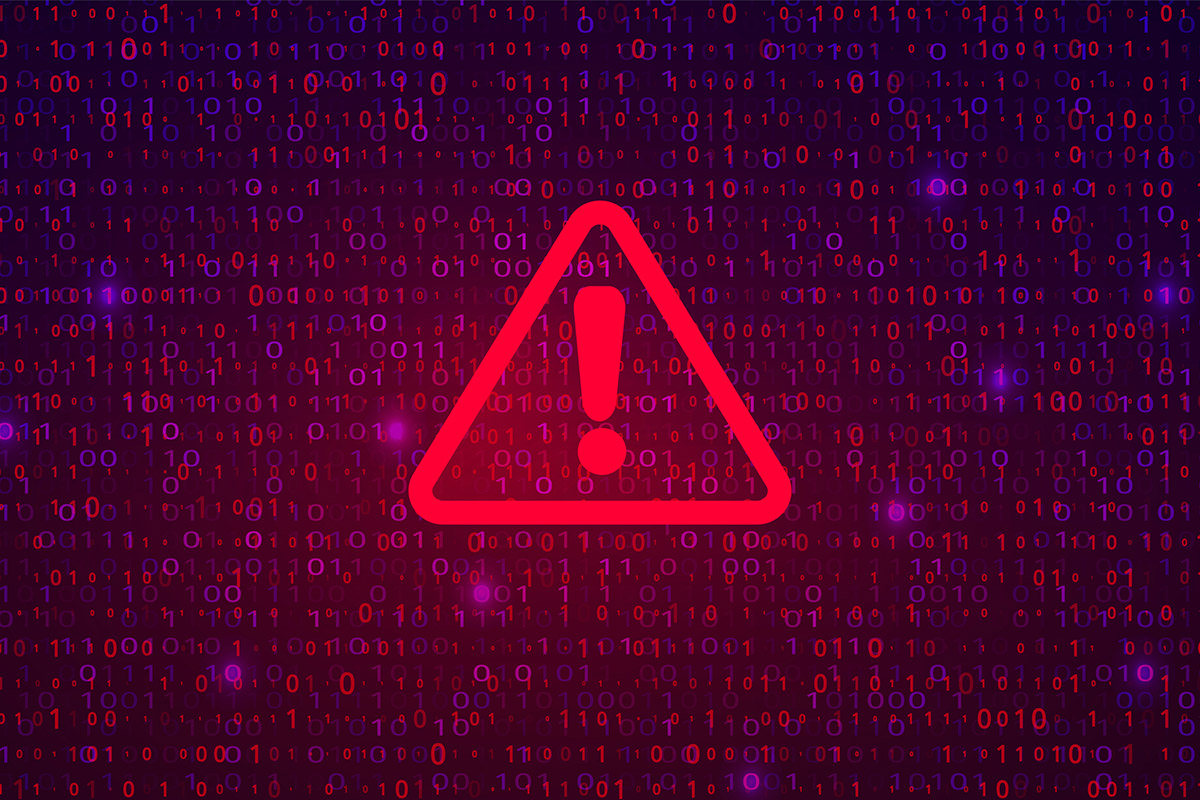
Recent data breach seen as biggest hack in history
Recently, many American consumer’s private data was exposed through a data breach at National Public Data (NPD). National Public Data is a background check company that provides information either through legitimate sources or by scraping it off the web. NPD provides sensitive information on American citizens to authorized businesses including human resource professionals, law enforcement and private investigators. There are strict guidelines as to who can have access to this information, and these individuals are required to go through a stringent vetting process. Unfortunately, this database was recently hacked, and the perpetrators claim to have stolen over 2.7 billion records. According to the nonprofit, National Cybersecurity Alliance, it is likely “everyone with a Social Security number was impacted.”
Why data is collected and sold
Investigation research often involves the strategic use of publicly available and private data to uncover crucial information about individuals or entities. While these methods can be incredibly powerful, they also carry risks, particularly when it comes to fraud prevention. Ensuring the integrity of the data and the investigation process itself is essential. The increasing accessibility of public data has led to more sophisticated methods for both legitimate investigations and fraudulent activities. Consequently, the role of private investigators has expanded to not only leveraging these tools effectively, but also safeguarding against potential misuse. Our team at Satellite Investigations offers a various range of tools and strategies to help mitigate exposure and assist with restoration after sensitive information has been acquired.
What was exposed
Public data sources, such as voter registrations, property records, and social media profiles, offer a wealth of information that can be used to piece together a detailed picture of a subject. Sensitive information like Social Security numbers, Dates of birth and emails were also exposed in this breach. A common hack involves cross-referencing multiple databases to identify inconsistencies or hidden connections. For example, a hacker or thief might cross-check property records with utility bills and social media check-ins to confirm a person’s residence or track their movements. Additionally, data mining techniques can be employed to analyze large datasets, identifying patterns that might not be immediately apparent. As legally authorized investigators, ethical considerations must be taken into account, particularly when accessing and using sensitive information. Investigators need to be mindful of privacy laws and ensure that their data-gathering practices are compliant with legal standards. Hackers and thieves do not share the same standards. When breaches like the NPD hack occur, the general public is put at significant risk.
Fraud Prevention within Private Investigation
The use of public data in investigations is not without risks. Ethical standards, due diligence and random search verifications prevent investigators from mishandling sensitive information. An ethical investigation will include cross-referencing data from multiple credible sources, conducting thorough background checks, and maintaining detailed records of all investigative activities. Additionally, implementing a chain of custody for data can help ensure its integrity throughout the investigation process. By establishing clear protocols and maintaining a high level of professionalism, private investigators can protect themselves and their clients from fraudulent practices.

How can Satellite Investigations provide a solution to consumer fraud
The intersection of public data use and information obtained by a breach serves as potential double jeopardy for the consumer. The best way to combat this exposure is to have a certified expert perform an analysis of your exposure. Our team utilizes accredited anti-fraud investigators from the prestigious Identity Fraud Institute. The education requirement includes completing coursework on identity fraud investigation through an Identity Fraud Institute Registered Program, currently only available from the Identity Fraud Institute. You must complete the coursework before you can take the AIFI exam. You must also agree to obtain a minimum of 12 continuing professional education (CPE) credits every 12 months. Monthly online continuing education content is included with your IFI AIFI membership. We find that often utilizing our services is often a “distressed purchase”, meaning we are engaged after a breach has occurred. The best way to get in front of this situation is to be proactive and perform an analysis on a regular basis. Our team has the expertise to assist you in this process. It is better to mitigate exposure than to engage in restoration after a hack.
To effectively protect public data and prevent fraud, consumers need a team dedicated to ongoing training and education. This includes staying current with the latest public data sources and understanding the legal and ethical implications of their use. Training should also cover the identification of common fraud tactics and how to safeguard against them. For example, our investigators have been trained to recognize phishing attempts, data tampering, and other forms of cyber fraud. Additionally, awareness programs help our investigators stay informed about new regulations and best practices in data security and privacy. By investing in continuous education, our team continues to improve their skills, stay ahead of potential fraudsters, and ensure that their investigations are both effective and ethical. By maintaining high standards and staying informed about the latest developments in public data usage and fraud prevention, our team can navigate the challenges of modern investigations and deliver accurate, reliable results for our clients.


